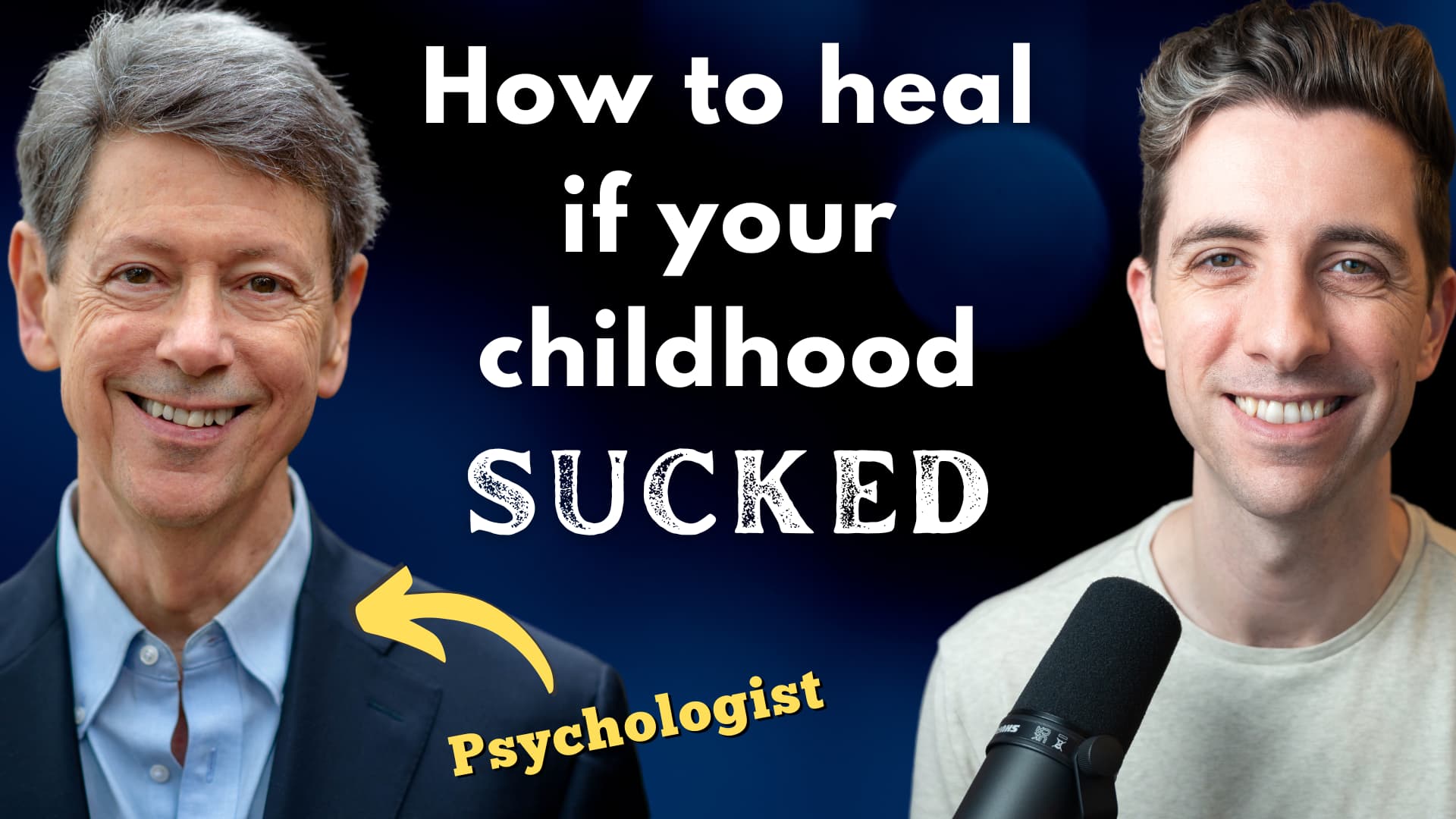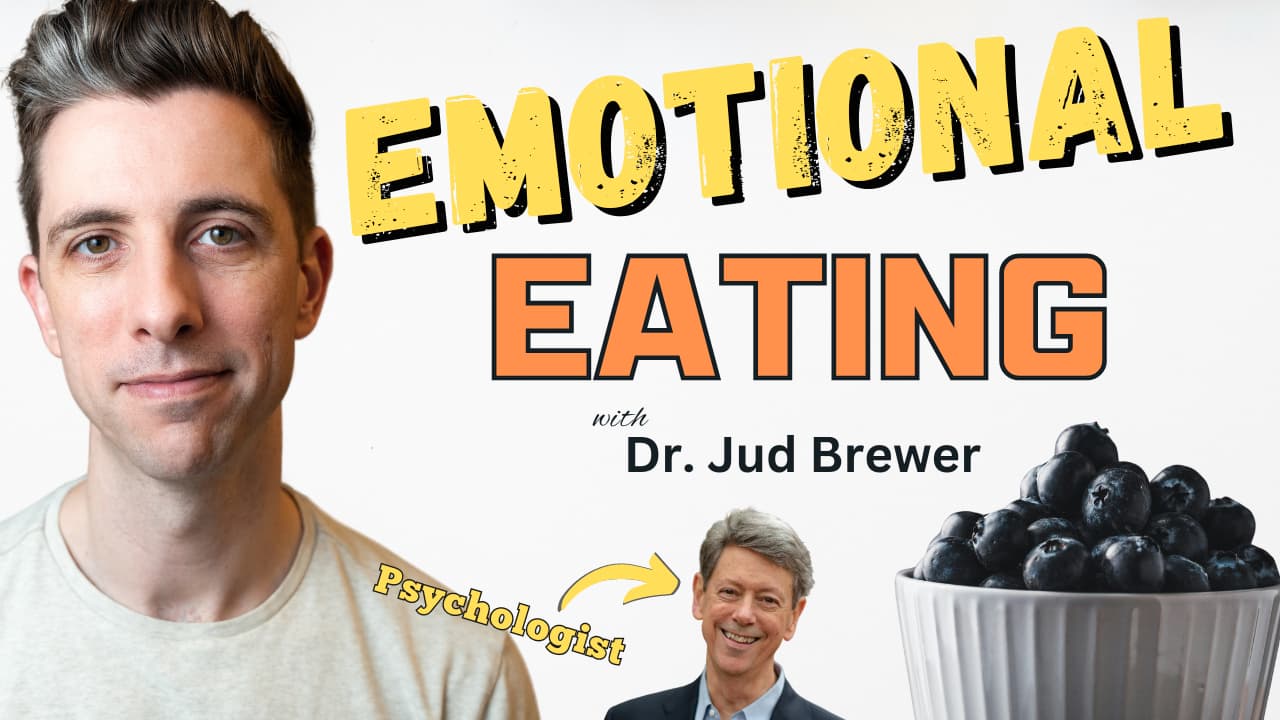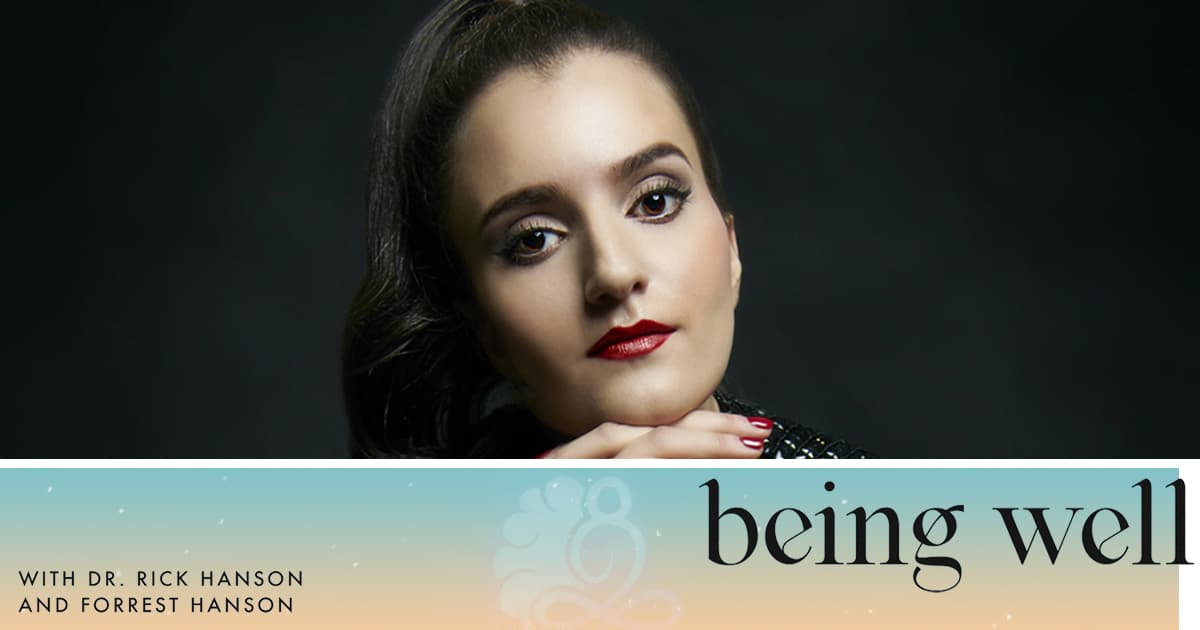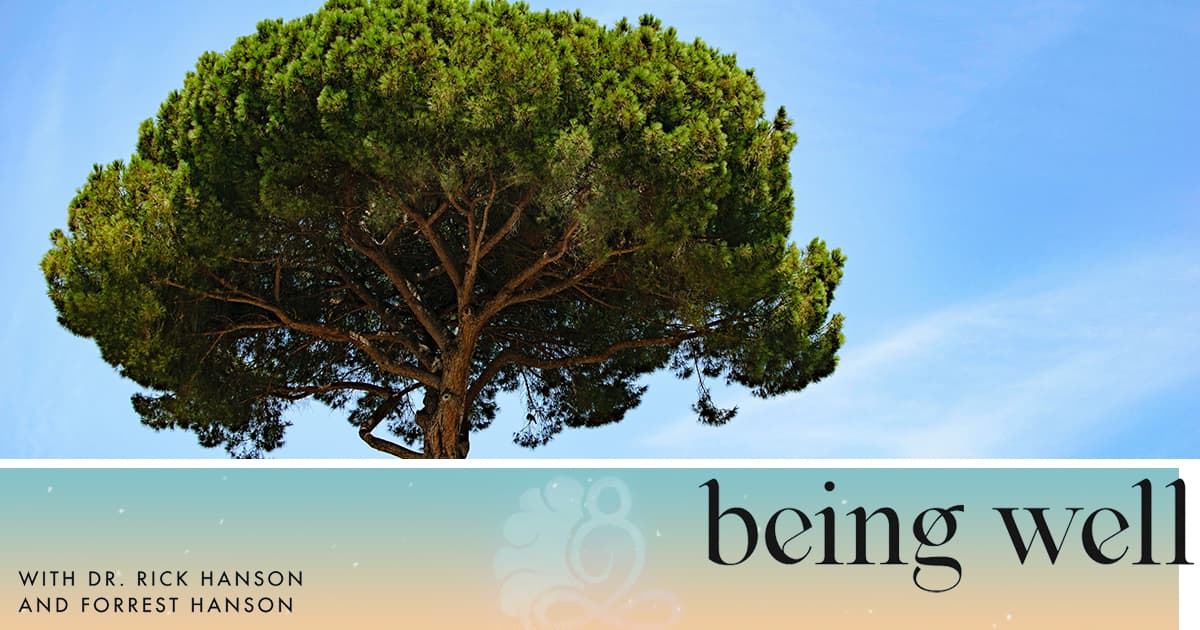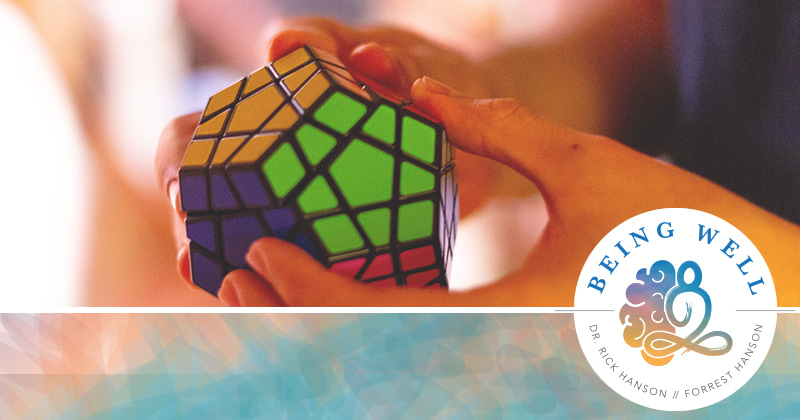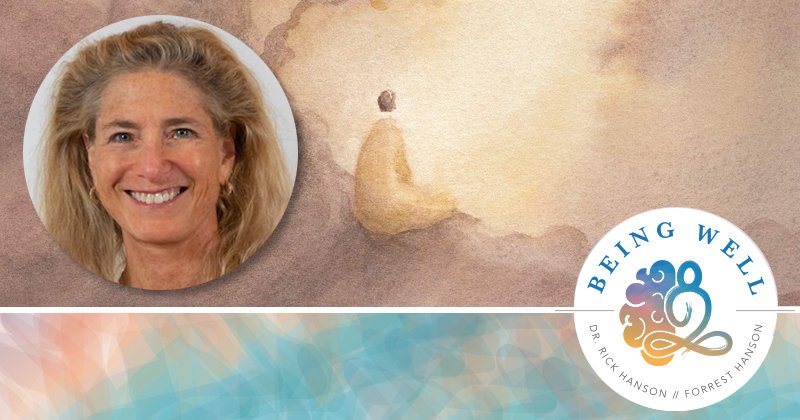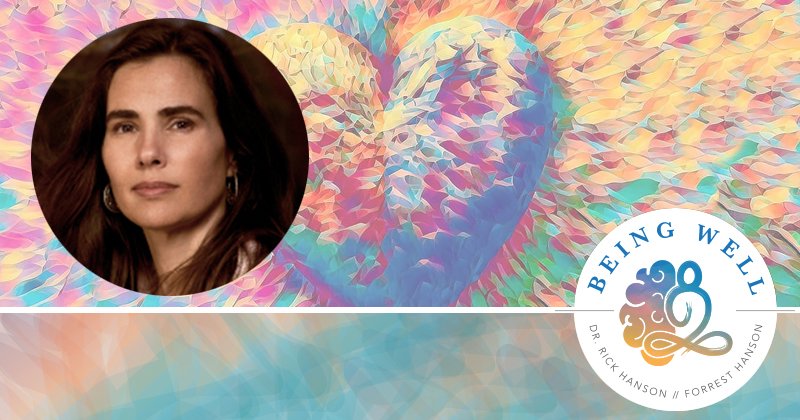Recovering from a challenging childhood as an adult can be a difficult process, which is what we explore on this episode.
Being Well Podcast Episodes on:
Self-compassion
SUBSCRIBE ON
Being Well Podcast: The Science of Hunger, Habits, and Changing Your Relationship with Food with Dr. Jud Brewer
On this episode, we’re taking the plunge and exploring the habit of eating when we’re not hungry with psychiatrist Dr. Jud Brewer.
Being Well Podcast: Creating a Healthy Relationship (With Yourself) with Najwa Zebian
Poet, activist, and author Najwa Zebian joins Forrest for a conversation focused on discovering what truly matters to us.
Being Well Podcast: Authenticity: How to “Be Yourself”
Dr. Rick and Forrest explore what authenticity is, where it comes from, and whether it’s actually a good thing to be more authentic.
Being Well Podcast: Emotional Intelligence: Improving Self-Awareness, Self-Regulation, and Empathy
Dr. Rick and Forrest explore emotional intelligence, including what’s “in” it, balancing emotional closeness and distance, and how we can become more self-aware, self-regulated, and empathic.
Being Well Podcast: Authentically Developing Self-Worth
We talk about self-worth vs. self-esteem, what causes people to lack self-worth, Rick’s personal story of developing a true sense of worthiness, and why more self-worth probably won’t turn you into a narcissistic a**hole.
Being Well Podcast: Building a Better Relationship with Yourself
The most important relationship we have is with ourselves. You’re the only person you’ll be around every minute of every day for the rest of your life. And, unfortunately, that relationship is often our most difficult one. On today’s episode of Being Well, Forrest and I explore how we can become better friends to ourselves, and learn to like ourselves more.
Being Well Podcast: Uncovering Your Natural Goodness with Tara Brach
Tara Brach joins Dr. Rick Hanson to help us learn how to “trust the gold:” recognizing and appreciating our essential human goodness, while resting in the key refuges of truth, love, and freedom.
Being Well Podcast: Fierce Self-Compassion with Dr. Kristin Neff
Dr. Kristin Neff explores the fierce side of self-compassion, including how it can help us draw healthy boundaries, take necessary action, and stand against injustice.
Being Well Podcast: Accepting Our Needs
Everyone has needs, there’s no avoiding them. In order to “be well” we need to meet those needs. But in our Western culture being “needy” is viewed as a weakness, and it can be painful to accept that we have needs.
Being Well Podcast
There’s a lot of information out there about mental health.
Much of it isn’t very good.
We’re trying to fix that.
"*" indicates required fields
